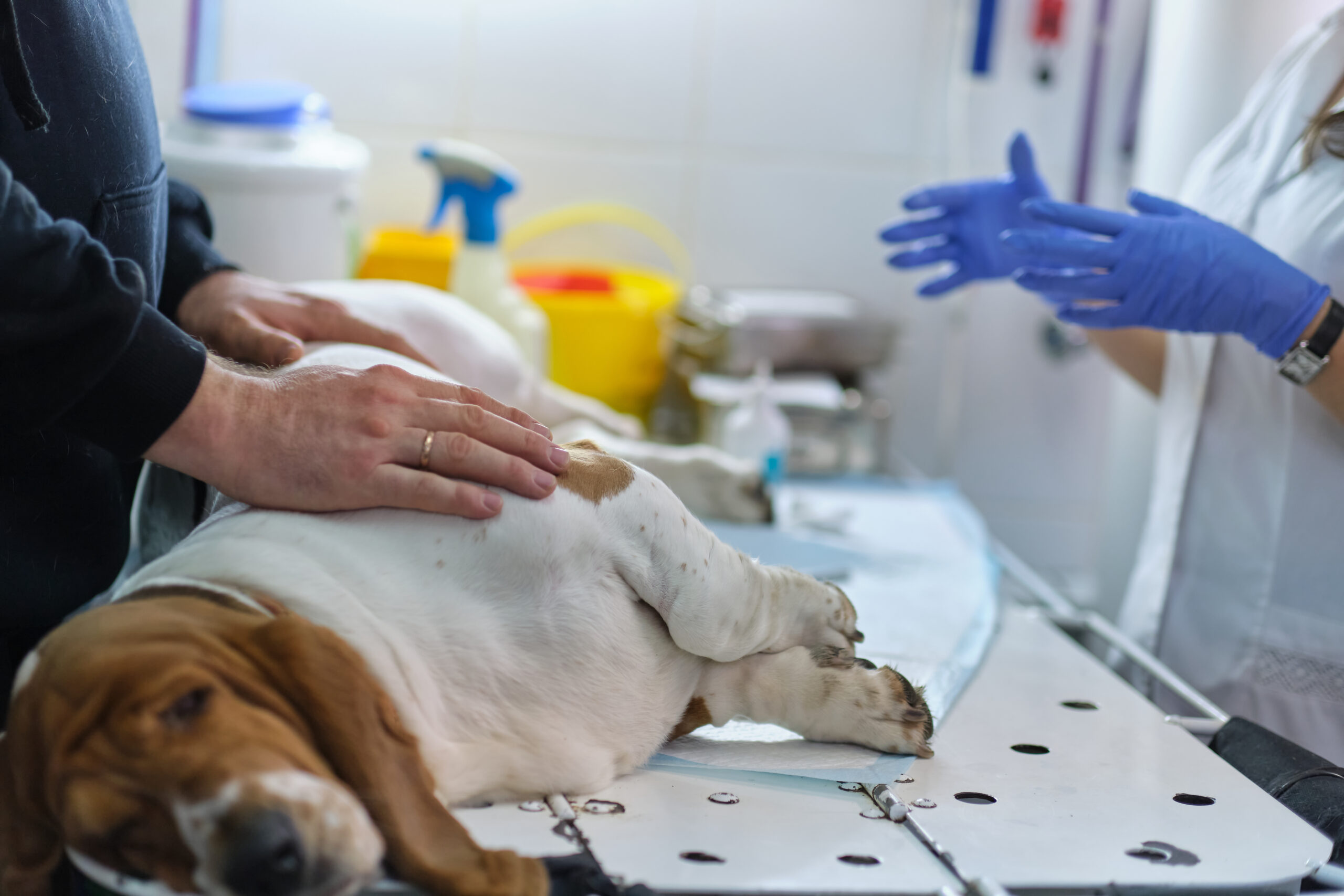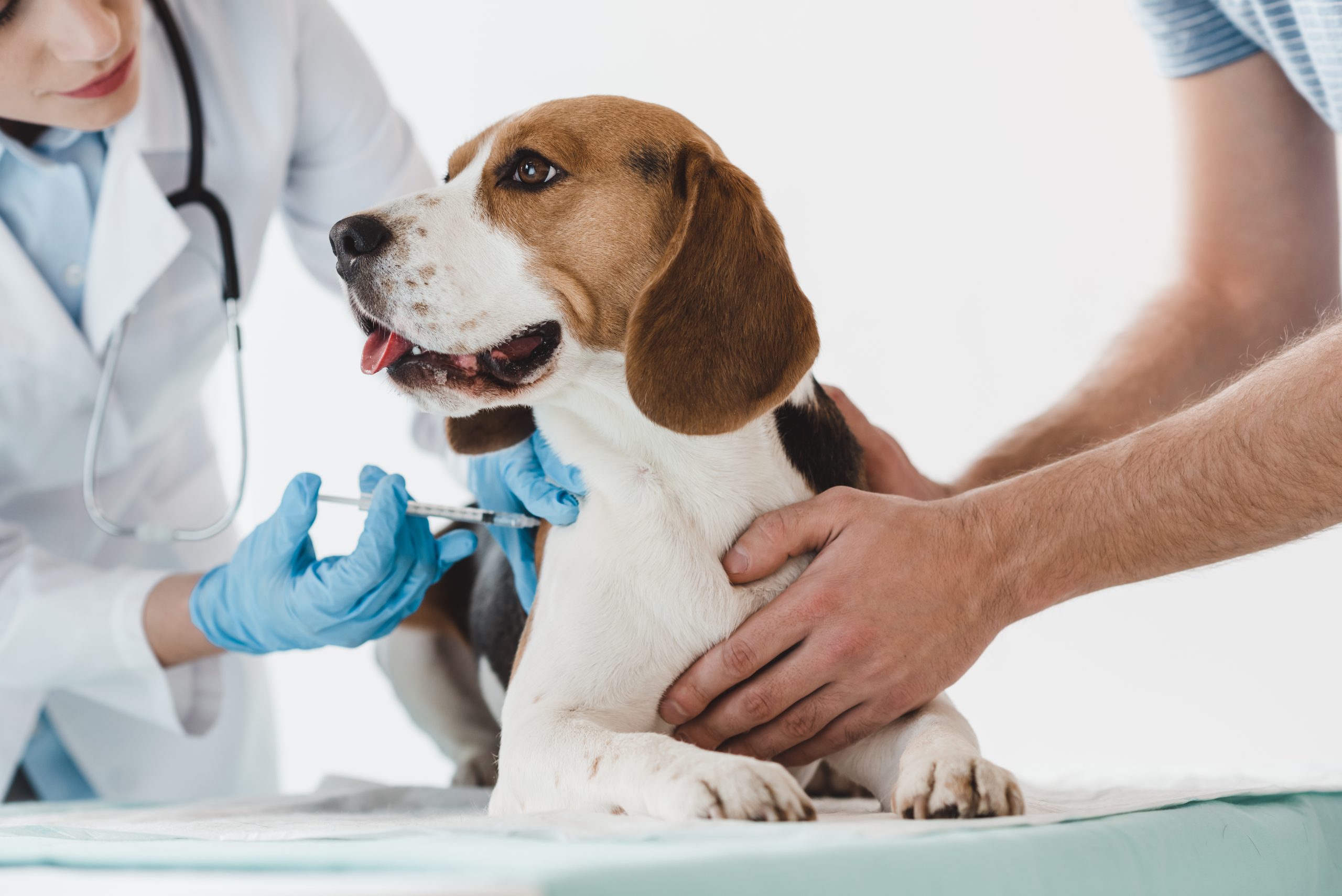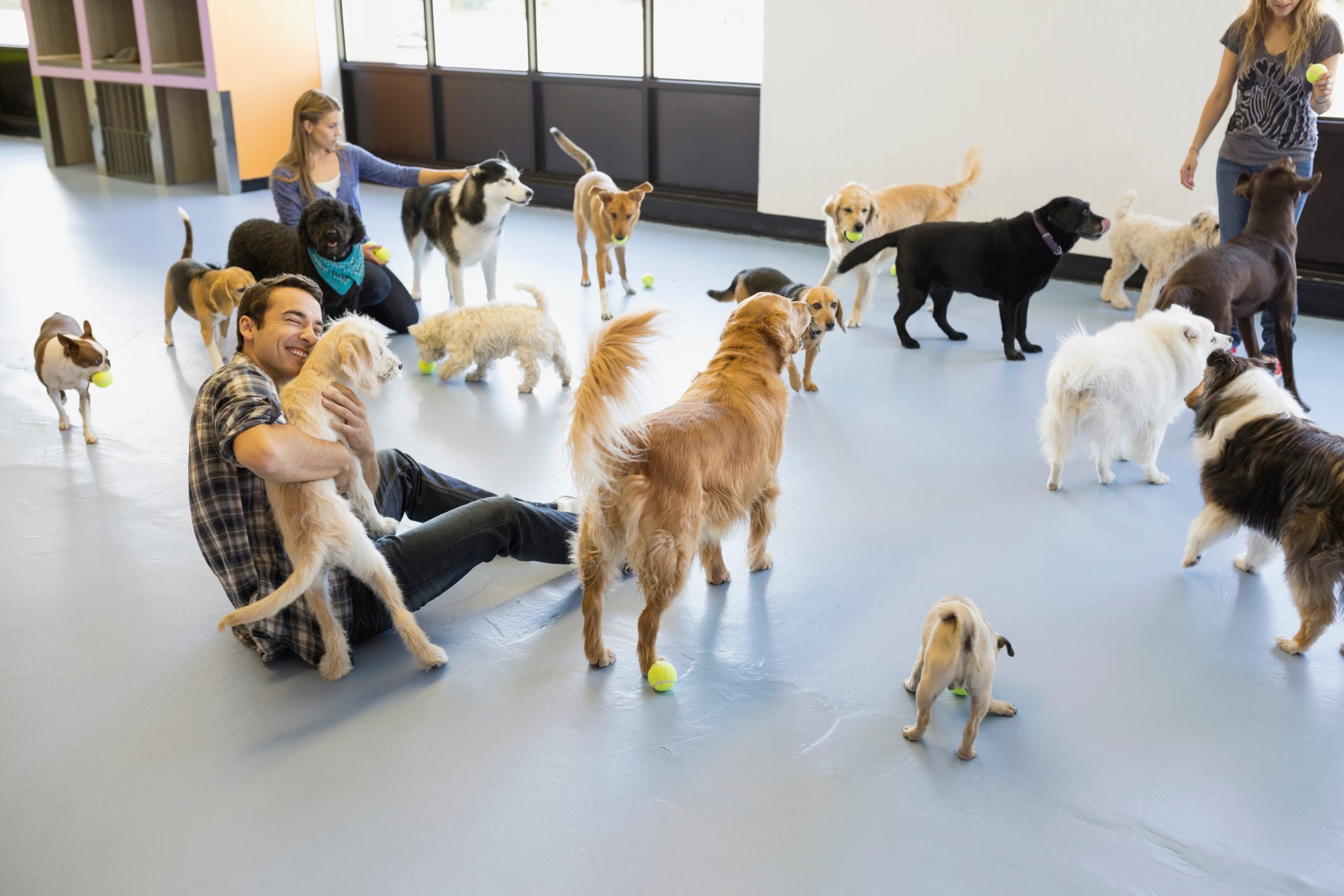-
Adopt
-
Veterinary Care
Services
Client Information
- What to Expect – Angell Boston
- Client Rights and Responsibilities
- Payments / Financial Assistance
- Pharmacy
- Client Policies
- Our Doctors
- Grief Support / Counseling
- Directions and Parking
- Helpful “How-to” Pet Care
Online Payments
Referrals
- Referral Forms/Contact
- Direct Connect
- Referring Veterinarian Portal
- Clinical Articles
- Partners in Care Newsletter
CE, Internships & Alumni Info
CE Seminar Schedule
Emergency: Boston
Emergency: Waltham
Poison Control Hotline
-
Programs & Resources
- Careers
-
Donate Now
There has been a recent increase in an unidentified respiratory illness affecting dogs across the country, including Massachusetts and New England, with symptoms similar to a more severe form of kennel cough. This has caused concern among many dog owners who are unsure how to keep their pets healthy.
Kiko Bracker, DVM, DACVECC, the director of Emergency and Critical Care at the MSPCA-Angell, provides the latest information and advice on this illness that seems unresponsive to antibiotics and causes lasting respiratory symptoms and sometimes pneumonia.
Are you seeing a lot of dogs with respiratory infections at the MSPCA-Angell?
DR. BRACKER: We have not observed a significant rise in the number of suspected respiratory infections in dogs lately. This seems consistent with the experience of other large hospitals in this area. We have noticed a slightly higher number of kennel cough-like cases in the past year than in previous years, but we wouldn’t classify it as an “outbreak.”
What are the most common symptoms that owners should watch for?
DR. BRACKER: The symptoms most commonly include a persistent loud cough, often bringing up white foam, lethargy, poor appetite, fever, and maybe nasal and ocular discharge. In more severe cases, patients may have difficulty breathing if pneumonia develops. Fatalities seem to be rare.
How do you go about diagnosing this problem?
DR. BRACKER: Chest radiographs and polymerase chain reaction (PCR) testing for common respiratory infections are probably the best ways we currently have to evaluate these patients and hopefully identify a causative agent in dogs with these symptoms. PCR DNA testing often comes up as negative for the usual suspects causing kennel cough, though, and this is why there is more and more suspicion that this may be something new.
Are you aware of what may be causing this “new” respiratory illness?
DR. BRACKER: Some recent information from the University of New Hampshire does suggest that this may be from a new infectious agent that has not yet been conclusively identified. We are learning more each week, so our understanding of this problem is evolving.
 Finally, it is worth noting that vaccination can provide some level of protection against kennel cough. Therefore, we strongly recommend that vaccination here at the MSPCA-Angell. However, it is important to remember that various bacteria or viruses can cause kennel cough, and vaccination may not protect against all of them, particularly if this is a new bug we are dealing with.
Finally, it is worth noting that vaccination can provide some level of protection against kennel cough. Therefore, we strongly recommend that vaccination here at the MSPCA-Angell. However, it is important to remember that various bacteria or viruses can cause kennel cough, and vaccination may not protect against all of them, particularly if this is a new bug we are dealing with.
What about the upcoming holidays – should owners avoid boarding their dogs at kennels?
DR. BRACKER: A normal level of caution should be used with dog parks, boarding, and playgroups. Coughing dogs should not be allowed to be in direct contact with healthy dogs and certainly should not be boarded, go to daycare, or join other play groups. Again, we have not really seen an uptick in cases recently, but ask your care provider if they are monitoring for symptoms.

x
Please consult your primary care veterinarian for more information on the current respiratory illness affecting dogs. If you need a primary care veterinarian, our Boston, Waltham, and Danvers locations are accepting new clients, please call us at 617-522-7282 for assistance.
x
x
Updated 12/5/2023



